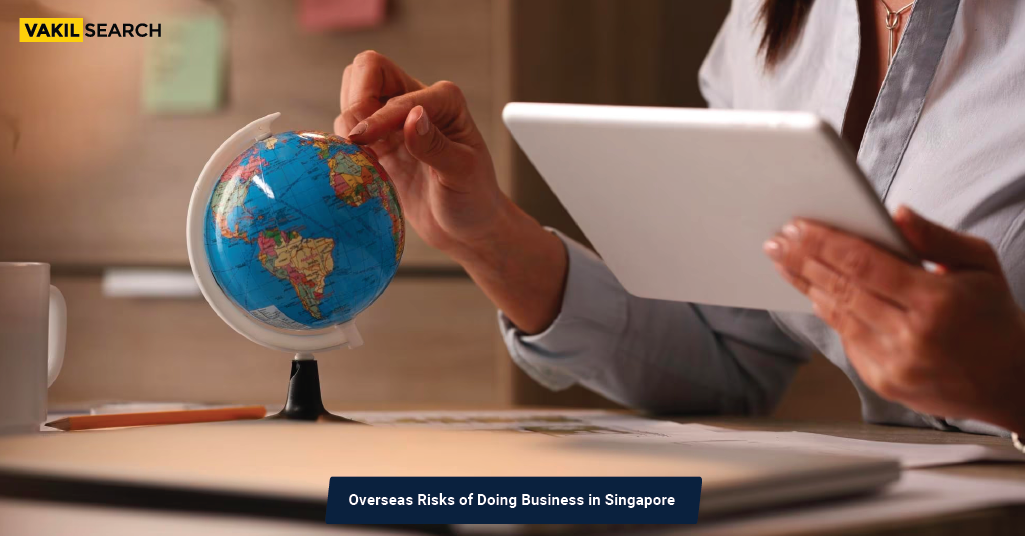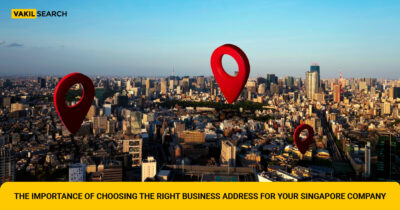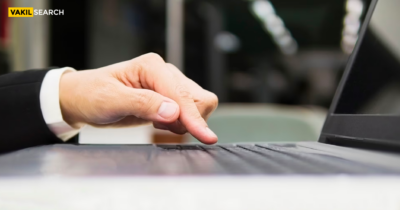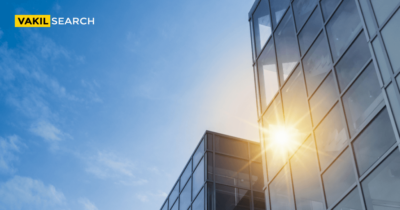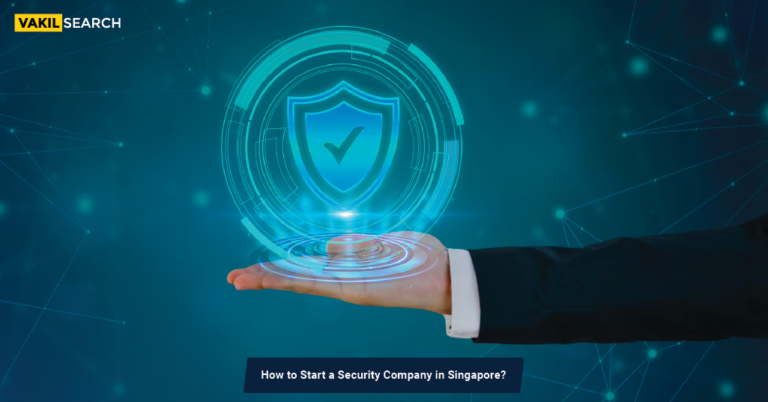Singapore's economy relies on international trade, making it vulnerable to economic disruptions in the world market. The country faces stiff competition from other regional financial centres, such as Hong Kong, which poses a challenge to Singapore's status as a financial hub. The majority of Singapore's GDP is derived from commerce, with exports being a key driver of economic growth. As such, any trade barriers or economic downturns can impact Singapore's economy.
Political and Economic Risks
Risks of doing Business in singapore: Singapore has an economy that completely depends on international trade. So, when any disruption happens in world markets, there will be an impact. Singapore is politically stable. But, Singapore is facing challenges because of strong competitors like Hong Kong.
Government Risks
Singapore has strict laws and regulations for businesses. Companies must follow these rules. If they don’t, it can be very risky. The government wants transparency and to stop corruption. But, it can be hard for companies to follow all the rules, especially if they are not used to Singapore’s laws.
Human Rights and International Relations
Human rights play a vital role in international relations, with states expected to respect and promote human rights. Violations of human rights can have significant consequences for international relations. The United Nations monitors human rights abuses and works to promote and protect human rights globally. Singapore has been criticised for its treatment of migrant workers and restrictions on freedom of expression and assembly, which can be a concern for businesses operating in the country.
Risks of doing Business in Singapore: Bribery and Corruption
Bribery and corruption are problems worldwide. They are bad because they disrupt fair competition, weaken the rule of law, and hinder economic growth. To combat these issues, international organisations and governments have put in place measures like the OECD Anti-Bribery Convention and UN Convention against Corruption. Businesses in Singapore need to comply with these laws to avoid legal problems.
Terrorism Threat and Protective Security
- Terrorism is a significant threat worldwide. Governments and organisations have implemented several measures to combat it
- Singapore is also known as the safest country globally. The proactive terrorism approach helps the country
- To maintain this safety, increased security measures have been put in place at airports and sensitive locations. Also, intelligence gathering and counterterrorism operations help prevent attacks and minimise their impact
- It is difficult to implement all the measures to safeguard the business in Singapore. But, with proper legal advice, you can protect your business at all costs. This adds to the overall safety of the county.
Risks of doing Business in Singapore: Intellectual Property
IP is important for businesses. It protects inventions and creative works. This includes art, music, logos, and more. IP rights provide legal protection. This lets creators make money from their work. It also encourages innovation and creativity.
Conclusion
In conclusion, intellectual property is a crucial aspect of modern business and innovation. IP rights provide legal protection to creators and innovators, enabling them to profit from their works and drive innovation and creativity. Risks of doing Business in Singapore – Protecting intellectual property is essential to encourage innovation, promote economic growth, and maintain a fair and competitive business environment. If you need guidance on intellectual property, contact an experienced IP lawyer. If you have any questions, please feel free to contact our IP lawyers and experts to guide you in the right way.
FAQs
What is the difference between a patent and a trademark?
A patent is a legal protection given to inventors. It stops others from copying their invention without permission. The protection is for a limited time. A trademark is a special symbol, name, or design. It shows that a product or service comes from a specific person or company. It helps distinguish it from others.
How can I protect my Intellectual Property?
You can protect your intellectual property by filing for patents, trademarks, and copyrights, depending on the type of work. It's essential to consult with an IP lawyer to determine the appropriate protection for your creations and innovations.
Can I use copyrighted material for educational purposes?
Under certain conditions, using copyrighted material for educational purposes may be permitted under the fair use doctrine. However, it's essential to consult with an IP lawyer to determine whether your use falls under the fair use exception.


